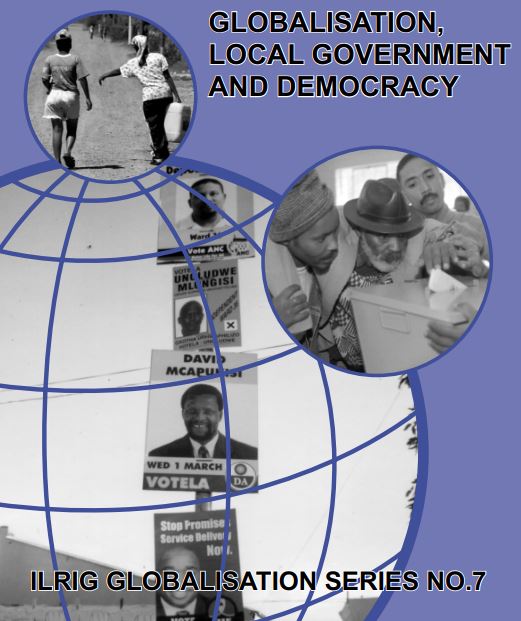The restructuring of local government took place to fulfil the requirements of the Constitution, to ensure that the apartheid local government structures were transformed, and to ensure that there is equity between the past white minority and the black majority. In many instances, before 1994 poor South Africans did not even fall within a sphere of local government or had no access to basic services such as electricity, waste removal or potable water. National laws, including the Municipal Demarcation Act, the Municipal Structures Act and the Municipal Systems Act, were passed to restructure local government and the financing of local government was the subject of laws such as the Municipal Finance Management Act and the Property Rates Act.
But this restructuring also took place in the period in which South Africa was reintegrated into the world at the end of Apartheid. And since the 1980s the world had changed quite significantly as a result of globalisation. So the local government institutions we have today are not only the result of restructuring required by the Constitution, they are also shaped by the way globalisation has changed the local state and installed ideas about service delivery, about the relations between the state and capitalism and about democracy everywhere, including South Africa.
The local state is claimed as the site of government closest to people and often is the one in which ordinary people have the most immediate experience of the nature and quality of democracy.
We therefore examine the impact of globalisation on the local state and the quality of democracy at the local level.
Globalisation Series No. 7: An Alternative View of Globalisation, Local Government and Democracy
